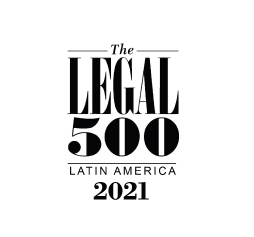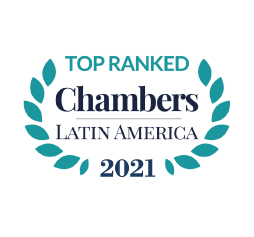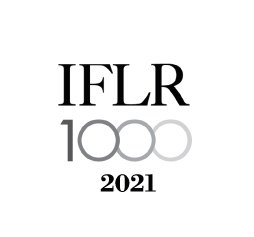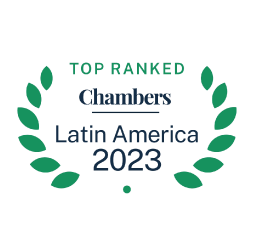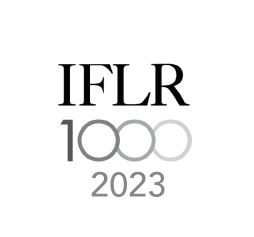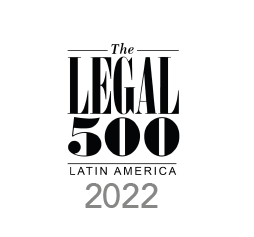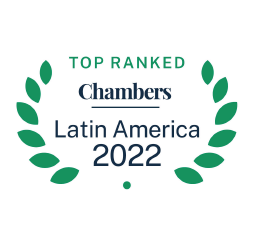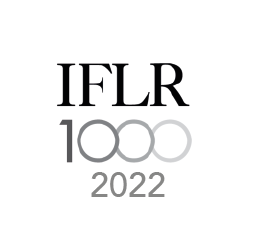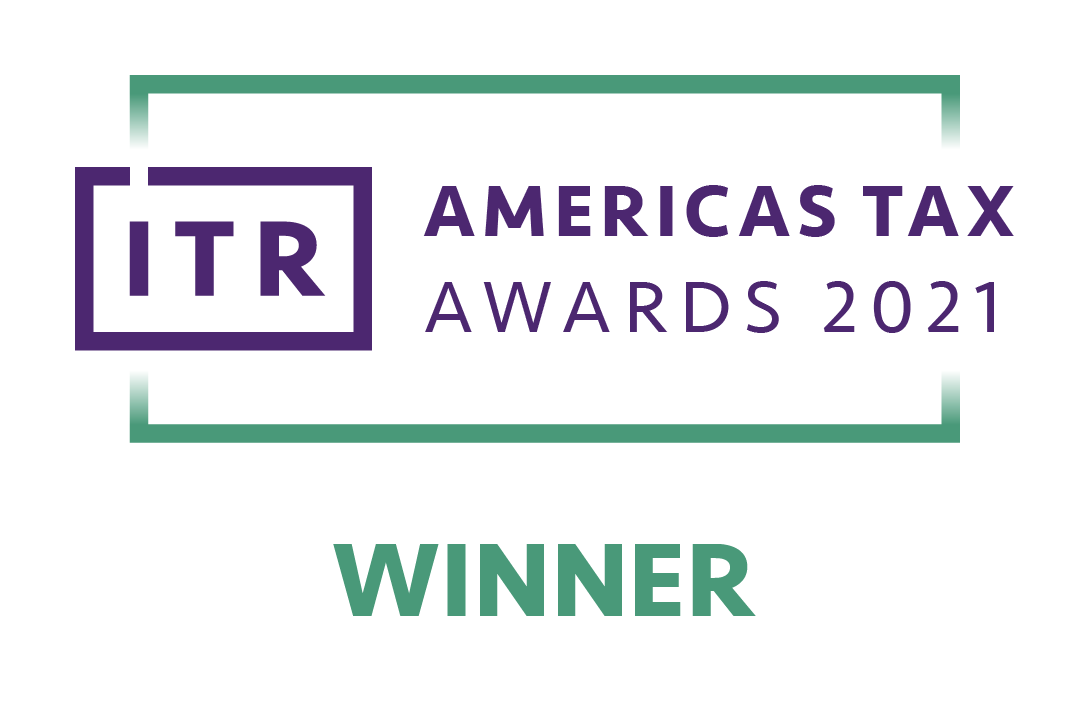I.- INTRODUCTION
In recent decades, a remarkable macroeconomic, tax and currency stability has been established and consolidated with a neat and careful management of public accounts, as well as respect for long term compromises that provide a safe framework for investors. All these are added to the good profitability rates that the country offers based on a very convenient cost structure (labor, taxes, energy, among others) and a wide range of business opportunities, considering that it is a country that still has many economic sectors in development process. These conditions that Paraguay has been building over the years encourage long-term investments in the real economy and generate confidence in the private sector, including investment in public or private infrastructure. Paraguay seems to be a clear example of a favorable ecosystem for private investment in public infrastructure through various procurement mechanisms with unique characteristics that attract different types of contractors (and lenders) with different risk profile.
In addition, it should be noted that the covid pandemic and measures taken by current government to fight it have generated a natural retraction of the economy, and therefore the country has post-pandemic recovery plans on hold, which aim to inject resources, in the short term, for recovering and boosting economic activities, including investment in infrastructure projects, given the multiplier effect that this type of investment has and the rapid effect on GDP growth.
However, Paraguay requires a very important investment in infrastructure, a sector with a deficit of about 27,000 million dollars (in transportation, social infrastructure, health and energy transmission, among other sectors) and a resources shortage1 to face such deficit from the public sector, based on scarce tax collection and especially considering the current level of the fiscal deficit, which exceeds the threshold of fiscal responsibility law2, due to indebtedness increase caused by an increase in public expenditures caused by the pandemic. Moreover, this double deficit (in resources and infrastructure) decelerates the good GDP growth that Paraguay has been showing each year, acting as a true “bottleneck” by substantially raising logistics costs for the transfer of products, exports, etc.
II.- PUBLIC PROCUREMENT MODALITIES
Conditions described busted the impulse for different procurement process modalities beyond the traditional public works that requires available public resources or public debt (not always possible or convenient) and therefore put Public Private Partnerships (PPP) on an unbeatable position, since with an adequate design and efficient risk distribution, private investments in infrastructure can be achieved without necessarily increasing the level of public debt and fiscal deficit, since the private participant assumes certain risks that in another type of public procurement they would not, reverting the infrastructure to the State when PPP contract expires. Paraguay’s PPP law was enacted in 2013 and there is currently a project that has already obtained financial closure in 2019 through the issuance of international project bonds and support from a multilateral entity, specifically the Routes 2 and 7 project, an investment of USD 550 million, a 30-year concession.
Another procurement process used in Paraguay and that allows the temporary oxygenation of public resources is called “Turnkey”, also known as public work with funding from the private sector or as Design, Build and Financing (DBF), called the “German System”. The description of this modality is usually simplified, differentiating it from PPPs (DBFOM) due to the lack of operation and maintenance (O&M), although there are other differences in terms of the approach to the risk allocation, steps for structuring the project and the non-creation of a company with a specific purpose vehicle (concessionaire) to be constituted by the awarded bidder as in the PPP.
This modality extends the payment term of investment by the State, instead of facing periodic payments per milestone achieved (for instance, monthly certificates) on design and construction during works execution (with an advance payment) as provided in traditional public works under Law 2051/2003. Typically, a turnkey project allows the State to start paying capital and interest once the work is completely finished and in 10-year semi-annual installments with a 3 years grace period (according to bidding terms). This not only allows delayed payment for infrastructure (of course, with the consequent payment of higher financial costs) but also transfer of construction and other risks to the private sector, starting to pay only once the works are finished and under the “lump sum turnkey” modality, which evidently increases chances of project completion on time (since in the meantime the contractor does not get paid) and also there are less chances of having higher costs than those offered in the bid which was awarded to the best economic offer under the fixed lump sum system (instead of unit prices as typically happens in traditional procurement). This is achieved given that incentives for both parties are aligned in terms of the completion of the work on time and, in addition, the transfer of several risks to the private contractor allows the cost overruns to be absorbed and prevent claims and works stop.
Regarding the way in which these types of projects are financed, it does not differ substantially from a Peruvian PPP (which mitigates construction risk through the issuance of RPI CAOs) where capex is divided into tranches or construction milestones whose completion generates an unconditional and irrevocable right of collection deferred in time (autonomous from the underlying contract), a future cash flow that is usually securitized through bond issuances (in the local or international market) or assigned to a lender who pays the private contractor for the transfer of those collection rights with a discount -whether or not they are instrumented in titles or certificates- anticipating the funds (although without assuming performance risk) and replaces it in its position as long-term creditor of the State that receives the investment, thus assuming the sovereign’s payment risk. Typically, the working capital needs within each tranche (prior to completion) are financed with another type of lender that assumes the contractor’s construction and performance risk, although it does not assume the sovereign risk of payment -except in the case of early termination- since it does not keep the credit receivable but its repayment comes from the funds of the long-term loan (that is, the risk profile of this debt is exactly the opposite of long-term debt).
There are 3 awarded DBF projects, two of them are already funded: Naranjal (USD 60 million), fully executed (completion in 2020), and Bioceanic Corridor (USD 450 million), funded in 2019 by the first issuance of an international project bond (144A/Reg S) in Paraguay.
These projects were publicly tendered under Law 5074/2013, which complements and regulates law 2051/03 on public procurement introducing the deferred payment “turnkey” public works regime that entrusts the design, construction and financing (DBF) to the private sector.
There are also other public procurement modalities, rarely used in Paraguay today, although they were used in the past, such as Shared Risk Contracts (Joint Ventures) entered by the State and a private company for developing activities under Law 117/1991, as well as the Concession Law No. 1618/2000 to grant public works and services as concessions through a delegation (by a law for each project), signing a concession contract with the concessionaire for a certain period of time. Currently, there is a road concession on Route 7 granted to Tape Pora as concessionaire, initially set with expiration date in 2023 but extended until 2053 by a Congress law.
III. TURNKEY FOR ELECTRIC POWER TRANSMISSION PROJECTS
Firstly, it is important to note that Law 5074/2013 already provided for a possibility of tendering electricity transmission lines under the turnkey modality. However, it is a prevailing interpretation that said law only allows Central Administration authorities to act as contractors, namely national ministries, preventing a decentralized entity such as ANDE (National Electricity Administration) from being a contractor. That unless an interjurisdictional agreement is signed with the central administration as, for example, happened with the DBF sanitary sewerage project in 2016 (investment of USD 600 million) where the Ministry of Public Works signed an agreement with ESSAP (Empresa de Servicios Sanitarios de Paraguay).
ANDE is an autarkic, decentralized institution from the Public Administration, with legal status and own equity that has among its functions the acquisition of electricity, generation, transmission and distribution works, and other facilities and means necessary for the normal operation of electric services in Paraguay.
In view of the foregoing, Turnkey Law Nº 6324 was enacted in 2019 enabling ANDE to tender this type of project, also taking the chance to introduce several improvements considering the lessons learned from projects tendered before under Law 5074.
In summary, the aforementioned law grants a sovereign guarantee from the Paraguayan State over certain electricity distribution and transmission works to be implemented by contractors to be selected by ANDE and offers the following aspects as an innovation:
- Authorization for a package of 24 specific works detailed in the Law, a total estimated value that is up to USD 300,000,0003. However, ANDE, with the authorization of the Executive Branch, can add other works that are considered necessary.
- Works must be carried out under a modality based on private financing provided by the supplier or private contractor.
- Sovereign guarantee is implemented according to a regulation from the Executive Branch. As of the date of this document, this regulation is pending of issuance.
- ANDE as contractor and the Paraguayan State as guarantor will sign the necessary certificates to implement the recognition of the obligation to pay for the works (as the milestones are met), known as CROPs and, such titles are transferable, unconditional, irrevocable, and autonomous from the underlying contracts.
- Bidders must have secured the necessary funding for the complete execution of the works, including the respective projects, consultancies and works audits.
- Although works contracts would in principle be governed by the law and jurisdiction of Paraguay, the Executive Branch is allowed to choose the laws of New York or London as applicable and also choosing jurisdictions in favor of those courts.
- In the event of breach of the construction contract or the guarantee of the Paraguayan State, and in the event of litigation, Paraguay cannot assert sovereignty immunity in its defense.
- The State and ANDE are authorized to approve provider credits with a guarantee from the Multilateral Investment Guarantee Agency (MIGA) of the World Bank or other similar agencies (ECAs).
IV. FINAL RECOMMENDATIONS
It is expected that the bidding terms and the regulation to be issued by the executive branch for this specific turnkey legal framework for ANDE’s projects will introduce certain additional improvements that potential bidders (and lenders) interested in participating could validly expect in the structuring of these projects, in light from previous experience, such as:
- CROPs should be allowed to be assigned without prior authorization from the State (as in Panama or Peru).
- Larger sectioning or number of milestones (and therefore more CROPs), lowering the scope of each of them (individually) in order to reduce working capital needs and also CROPs shall be issued once the acquisition and reception of materials is certified.
- Clearly regulate the issuance of monthly advance certificates and the possibility of freely assigning them to potential working capital lenders.
- Clearly establish the items of investments already made (and not amortized) that will be paid upon early termination and an interest rate applicable in case of default.
- Provide conditions in terms of management of Right of Way, permits, environmental licenses and other risks retained by the public sector in order to reduce timing between award and financial close. That will reduce uncertainties in terms of final interest rate applicable.
- Provide for the possibility of awarding by lots, in which case the bidders may present improvements in the offer in the event of awarding more than one lot simultaneously.
In case regulations and bidding terms include the improvements described herein, the success of the call is ensured, with many international bidders (and lenders) participating and these projects so necessary for effective and safe electricity transmission will be implemented in Paraguay, a country that produces abundant hydropower due to Yacyretá and Itaipú dams.
[1] Due to the lower level of activity because of the pandemic and also due to the very low tax rates (10% VAT and 10% income tax), compared to other countries in the region.
[2] The fiscal deficit increased from 2.8% in 2019 to 2020 (pandemic year) and went up to 6.5% of GDP due to debt taken on sovereign bonds (and other sources) for health expenses. The maximum limit established by the fiscal responsibility law for said deficit is 1.5% and up to 3% in exceptional cases.
[3] It is expected that these 24 works (including substations, medium voltage lines, distribution networks) will be tendered grouped into 2 or 3 projects in order to generate volume that is attractive to large international lenders and construction groups.
MARTIN CARLEVARO
BKM | BERKEMEYER

